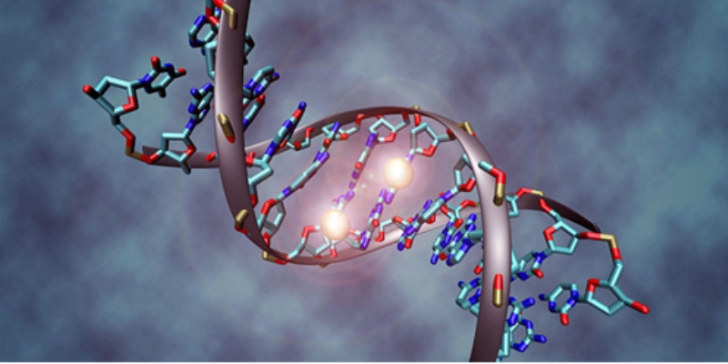Exposure to engineered nanomaterials found to affect epigenome

A research group of the Harvard School of Public Health, led by Dr. Demokritou, has investigated the influence of engineered nanomaterials (ENM) on cellular epigenome. The group found that in vitro, exposure to ENM may affect the epigenome, e.g. of airway epithelial cells, at environmentally relevant concentrations. Follow-up investigations on these findings are clearly needed, the authors conclude.
First author Lu and his colleagues from the Center for Nanotechnology and Nanotoxicology of the Harvard School of Public Health in Boston performed assays on the effects of engineered nanomaterials on the epigenome in vitro. “Epigenome” refers to all the chemical compounds that have been added to one’s genome (i.e., to the entirety of DNA). The epigenome is much more prone to alterations due to environmental conditions than DNA as such. The change of the methylation of DNA represents such an epigenetic alteration. DNA methylation (among other factors) regulates the expression of genetic information.
The researchers tested commercial nanomaterials (copper oxide and titanium dioxide nanoparticles) as well as printer-emitted particles (PEPs) and welding fume, with the latter acting as a material of known toxicological footprint (a positive control). The in vitro experiments included human airway epithelial cells and macrophages. The doses of PEPs used, for instance, corresponded to 1 resp. 60 hours of inhalation exposure to PEPs for the low and high dose applied. Exposure to ENM modestly affected DNA methylation. Moreover, even at non-toxic concentrations, a downregulation of the DNA methylation machinery was observed.
The authors now turn to scrutinize the state of DNA methylation at later time-points (after several cell divisions) to get a better understanding of the effects of ENM on the epigenome. Since epigenetic alterations may be associated with the development of pathologies (e.g., cancer), the authors stress the need for further research.
© 2015 – The Innovation Society
Cited publication: Short-term exposure to engineered nanomaterials affects cellular epigenome. Xiaoyan Lu, Isabelle R. Miousse, Sandra V. Pirela, Stepan Melnyk, Igor Koturbash, Philip Demokritou, Nanotoxicology, early online.
Image: DNA molecule that is methylated on both strands on the center cytosine. DNA methylation plays an important role for epigenetic gene regulation in development and cancer. Credit: Christoph Bock (Max Planck Institute for Informatics)